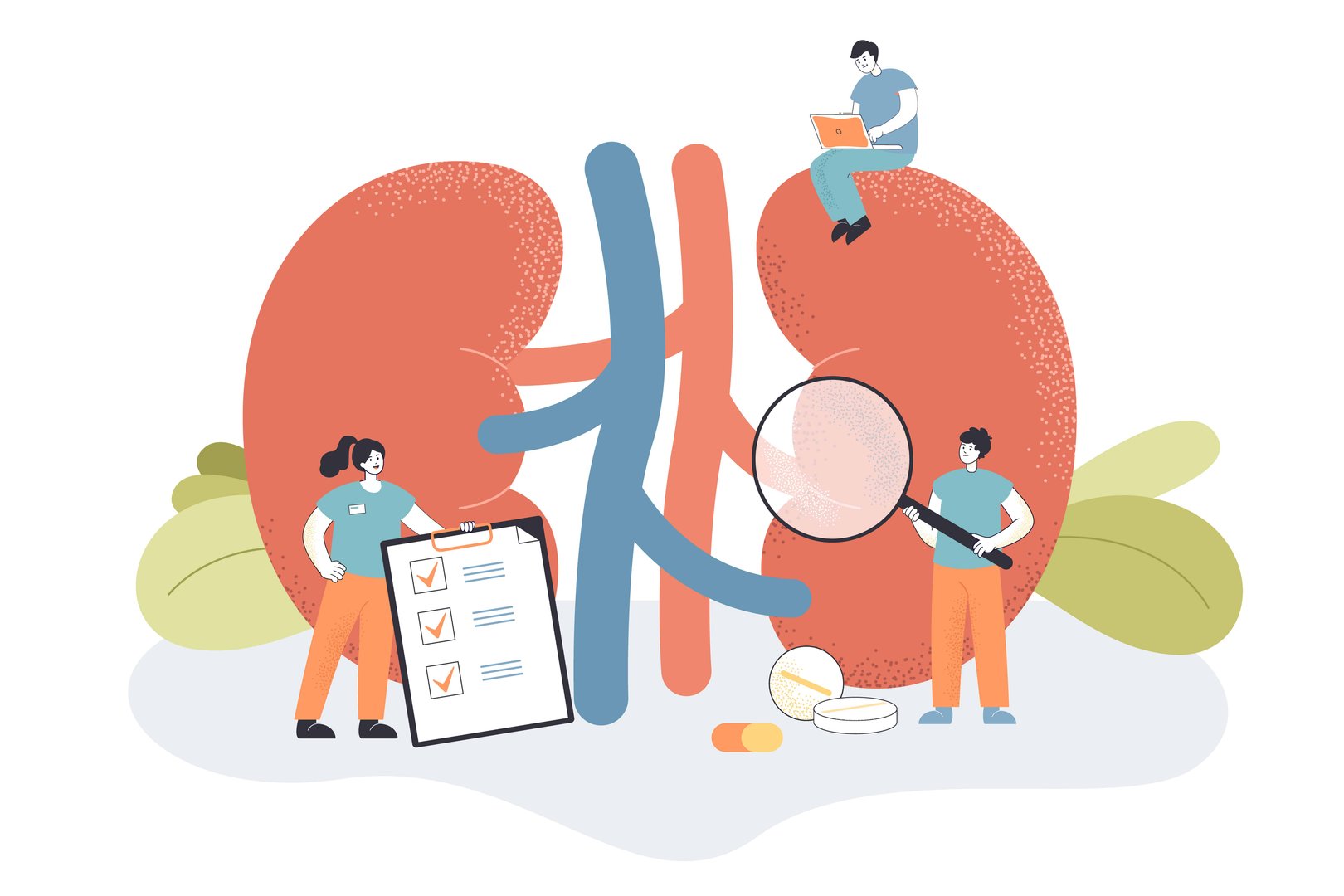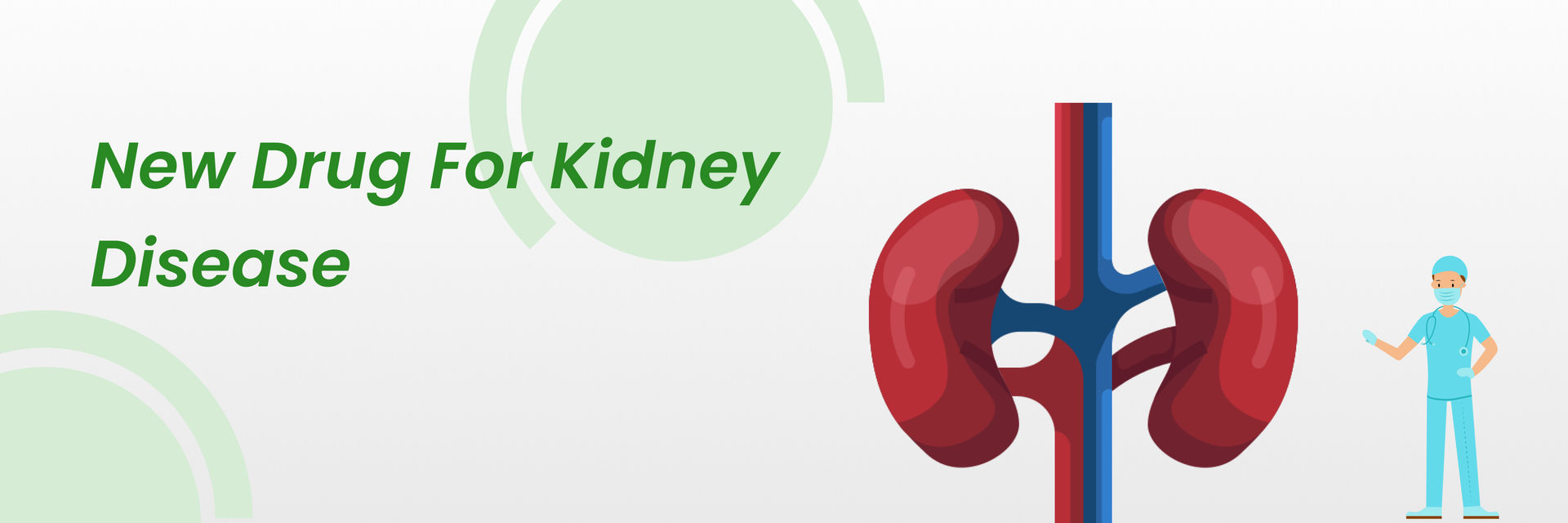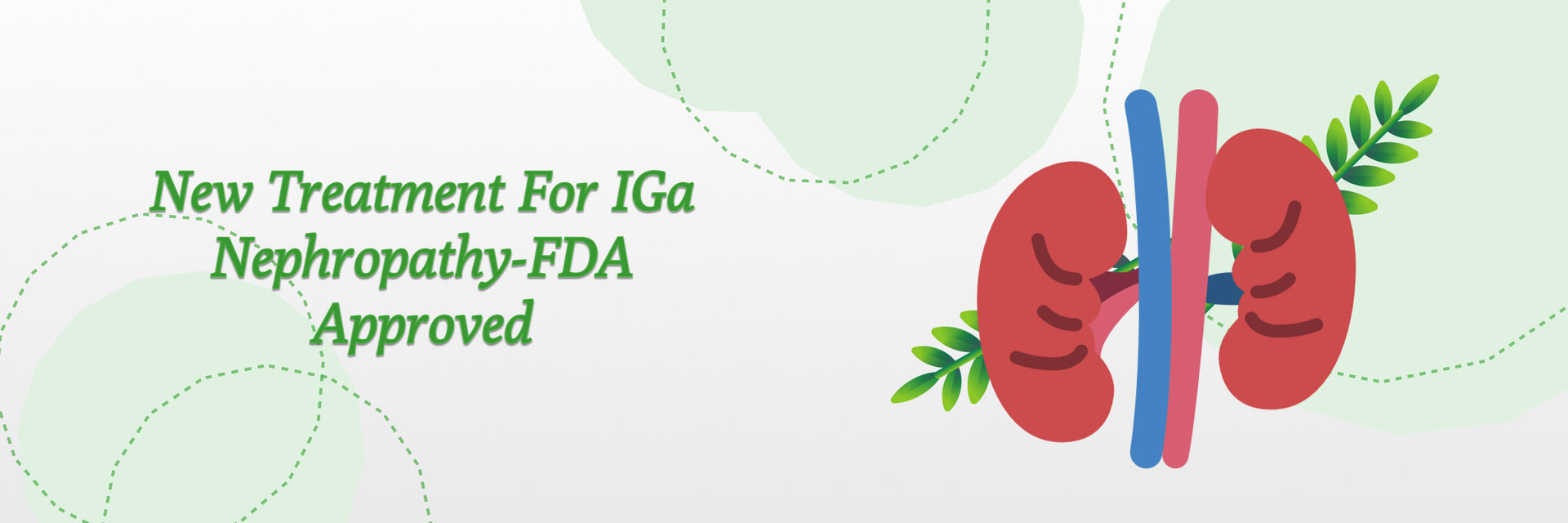Asked for Male | 18 Years
Can a moved fistula bulge be fixed with surgery?
Patient's Query
Hi, I have end-stage kidney failure and I've been doing hemodialysis for 4 years now, and I've been worrying about my fistula or how long it is going to last before I get a tube stuck in my neck as an alternative. Today, the bulge on my arm which I assume is the fistula got moved or at least something got moved slightly causing discomfort and a change of shape of the bulge. Is that a cause for concern? It doesn't have redness or pain in the exact place, but I'm worried sick. Can this be fixed by a surgery? Other questions that have been bothering me. How about if it got ruptured? It started to bulge and reddened. Can it still be fixed? Also, let's say my left arm fistula died and I had to use my right arm. Can I still use my left arm for fistula once it's healed in the future? Thank you for your answers in advance, I'm a teenager who got dealt with a bad hand right from the get-go and I wish to know more about my current situation.
Answered by Dr. Neeta Verma
It’s understandable to be concerned about changes in your fistula. If you notice any discomfort, change in shape, or other symptoms like redness, it's important to check it. A vascular surgeon can assess your fistula and determine if any intervention is needed. Even if your current fistula fails, it's possible to create a new one in the same arm after healing. This should be evaluated by your doctor. Please consult your nephrologist or a vascular surgeon for a detailed examination and advice.

Urologist
Questions & Answers on "Nephrology" (134)
Related Blogs

10 best-hospitals in istanbul updated 2022
Searching for the top hospitals in Istanbul? Here’s a list of the 10 Best Hospitals in Istanbul for world-class medical care.

New Drug for Kidney Disease: FDA-Approved CKD Medication
Discover groundbreaking drug innovations for kidney disease. Explore new treatments offering hope for improved management and enhanced quality of life.

New Kidney Disease Drug 2022: FDA-Approved Medication
Unveil the latest breakthrough in kidney disease treatment. Explore innovative drugs offering hope for better management and improved quality of life.

12 Best Kidney Specialist in the World- Updated 2023
Discover top kidney specialists globally, offering advanced treatments, groundbreaking research, and personalized care to ensure the best outcomes for kidney health and overall well-being.

Emerging Treatments for IgA Nephropathy: Promising Advances
Explore promising therapies for IgA nephropathy. Stay ahead with emerging treatments, paving the way for improved management and a brighter outlook.
Cost Of Related Treatments In Country
Top Different Category Hospitals In Country
Orthopedic Hospitals in India
Heart Hospitals in India
Prostate Cancer Treatment Hospitals in India
Kidney Transplant Hospitals in India
Cosmetic And Plastic Surgery Hospitals in India
Dermatology Hospitals in India
Endocrinology Hospitals in India
Gastroenterology Hospitals in India
General Surgery Hospitals in India
Gynaecology Hospitals in India
Top Doctors In Country By Specialty
Top Nephrology Hospitals in Other Cities
Nephrology Hospitals in Chandigarh
Nephrology Hospitals in Delhi
Nephrology Hospitals in Ahmedabad
Nephrology Hospitals in Mysuru
Nephrology Hospitals in Bhopal
Nephrology Hospitals in Mumbai
Nephrology Hospitals in Pune
Nephrology Hospitals in Jaipur
Nephrology Hospitals in Chennai
Nephrology Hospitals in Hyderabad
Nephrology Hospitals in Ghaziabad
Nephrology Hospitals in Kanpur
Nephrology Hospitals in Lucknow
Nephrology Hospitals in Kolkata
- Home >
- Questions >
- Hi, I have end-stage kidney failure and I've been doing hemo...